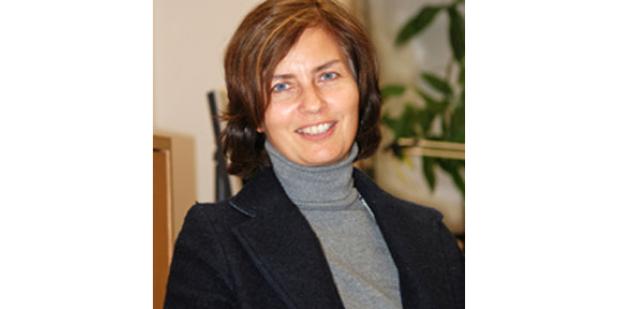The invocation of classical shanshui, or landscape aesthetics in contemporary cultural productions reflects the quest for a paradigm change in human environmental agency. Based on both the resumed study of the historical legacies, entanglements and connectivities linking present landscapes to their pasts and futures, and the role of aesthetic notions such as the sublime, which is not necessarily benign, literature participates significantly in the making of cultural landscapes. From the Book of Odes and Zhuangzi’s animistic fables through Pu Songling’s fickle ghosts, topoi of environmental interdependency abound in traditional Chinese culture. Since the last decades of the 20th century, this rich literary heritage returned in new contexts revealing a growing desire for alternative cultural paths that allow for a healing relationship of humans with nature and local ecologies. This talk will explore the agency of an “ecological unconscious” in contemporary Chinese poetry.
Andrea Riemenschnitter is Chair Professor of Modern Chinese Language and Literature and Co-Director of the Institute of Asian and Oriental Studies at the University of Zurich. Her work currently focuses on social issues and environmental aesthetics in contemporary sinophone literature, theatre and digital media. Recent book publications include Carnival of the Gods. Mythology, Modernity and the Nation in China’s Twentieth Century (in German, 2011), Diasporic Histories: Cultural Archives of Chinese Transnationalism (ed. with Deborah Madsen, 2009), and The Visible and the Invisible: Poems Leung Ping-kwan (ed. and co-tr., trilingual 2012). She held positions as Head of Department and Director of the URPP Asia and Europe at the University of Zurich, and acted as visiting senior research fellow and guest professor at universities in Beijing, Shanghai, Berkeley, Hong Kong, Singapore and. She is a honorary fellow of Lingnan University, Hong Kong.
Presented by the UO Confucius Institute for Global China Studies and cosponsored by CAPS National Resource Center for East Asian Studies, CAPS Jeremiah Lecture Fund, Clark Honors College, Department of East Asian Languages and Literatures, Department of English, Asian Studies Program and Environmental Studies.







